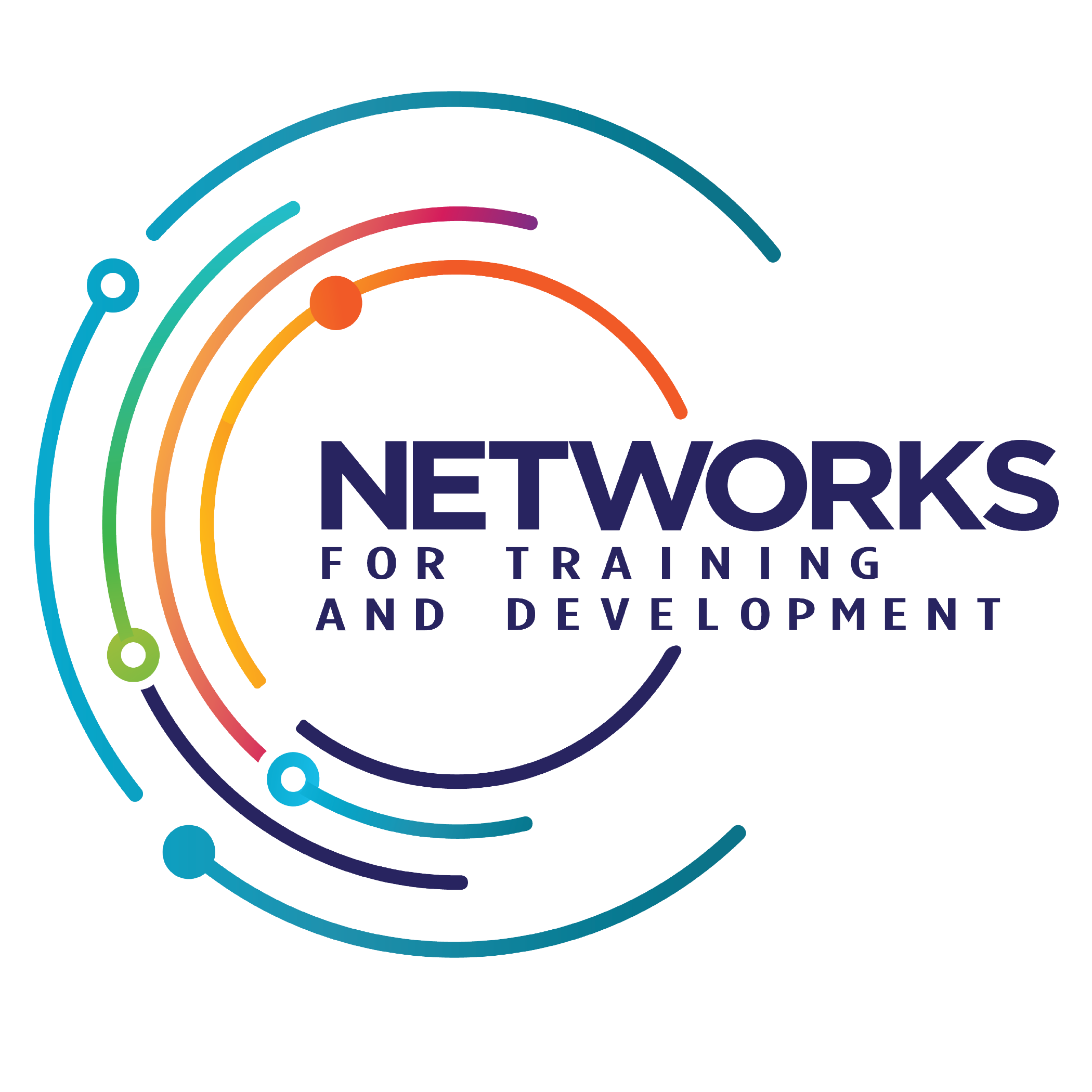A question I normally ask myself in life. This question guides my interactions, my self-care practice, my habits, my goals, and my values. It may morph or lead to other questions such as “Am I showing up?”
While I ask myself this question of ‘how’ daily, I found myself asking this question more often through the course of the day over the past four months and it has taken on an even greater meaning at work. The past two weeks, this question has also been guiding my conversations in the workplace.
Let’s be honest. The past four months have been hard. You may have felt many uncertainties. You may have felt scared or angry. You may have felt challenged to work and help your children do schoolwork or maybe you worked from home but live alone. You may have been working outside of the home, unsure of if you would bring anything home. You may have experienced job loss. Your feelings are valid. Your experience is yours. So…how do we show up?
Before you continue on, I hope you didn’t come to read first, second, third steps on how to show up. The reality is no one can tell you how you should show up. I would question any person who does that. Each of us have our own thoughts, feelings, opinions, and experiences that shape us. Instead, I’d rather share some ways in which I use this question to guide my day and will share some suggestions as to why this question may be something for you to consider as you move about your day.
How do I show up for work? I’ve always valued relationships and have found gratitude when being able to have honest, authentic conversations. We bring our whole selves to work, whether we talk openly about it or not. In figuring out how I show up, I consider the following at the start of my day:
• What is going on in the world: current events, hot topics, weather, holidays?
• Who am I going to talk with today?
• For the people I know I’m going to connect with, what may be impacting their day or be on their mind? From global to personal to work, I take these into consideration based on the relationship I have with the person.
• How do any of the above impact me? How can I be mindful of any differences? What strategies can I use? What do I need (self-care practices) to show up?
• The reminder of: I do not know the full story. We never know the entire story of a person and so this reminder keeps me aligned with the understanding that I’m only getting a snippet. It’s a reminder to listen and ask questions.
With that awareness check-in, it helps me navigate how I show up. How can this help the workplace? The intentionality supports a workplace culture of respect, where people can feel comfortable to be themselves. It is a constant reminder that we are more than just a job title or an employee. It serves as a reminder that we are valued, that we are human.
The check-in is not 100% foolproof – mistakes and misunderstandings happen. Sometimes I catch myself after the fact realizing I could have had a better approach or added in dialogue; however, that continuous check helps me show up better the next time and I give myself grace in knowing that learning means growth.
To all the Employment Support Professionals, I wanted to take a moment to share some suggestions as you support those both working and in their job search during these times:
• With the people I support, do I practice patience and keep in mind that they are the expert of their life?
• How do I honor their experiences in my approach to support them?
• Do I maintain curiosity in my support?
• What biases do I bring with me that may impact how I support a person? (Want to understand your bias more? Click here for the Harvard Implicit Bias Test https://implicit.harvard.edu/implicit/takeatest.html)
